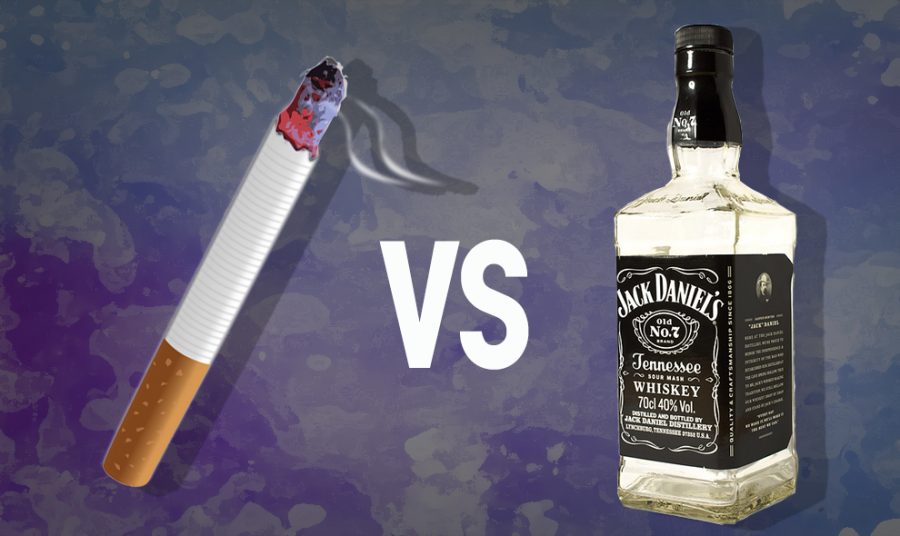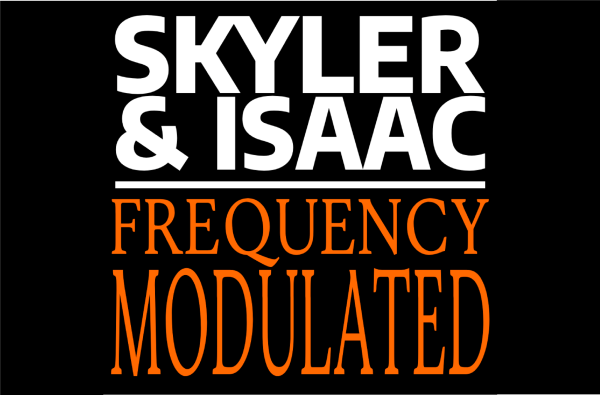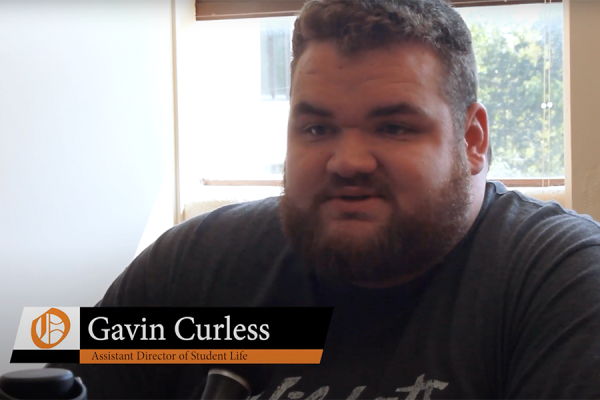Tobacco companies hold too much power
Cigarettes kill 1,200 Americans every day.
This statistic and many like it are appearing in print and broadcast ads nation wide due to a lawsuit filing in 2006. The United States government sued tobacco companies over public health violations and found that tobacco companies intentionally lied to consumers about the health effects of smoking.
Due to the court ruling, advertising for cigarettes will now feature the true health effects of smoking cigarettes and an admission claiming that tobacco companies intentionally placed enough nicotine in cigarettes to get consumers addicted.
However, this new advertising measure is not enough to stop the spread of tobacco and punish the companies for misleading the public.
Despite the public’s general knowledge regarding the dangers of cigarettes, tobacco industries in the United States continue to be one of the top tobacco producers in the world.
According to the Center for Disease Control and Prevention (CDC), the United States produced 800 million pounds of tobacco in 2012.
Even more alarming is the rate at which big tobacco companies are thriving in and out of the United States.
In the global market, five companies dominate the tobacco industry: Philip Morris International (PMI), British American Tobacco, Japan Tobacco, Imperial Brands and Altria. In 2016 they generated a combined 35 billion dollars in revenue.
The reason the tobacco giants are thriving despite their deadly products is because they take advantage of countries who do not have the resources to battle big tobacco companies in the courts.
The World Health Organization (WHO) reported that when African nations attempt to warn consumers about the health effects, the companies take those countries to court and sued them for more money than they can afford.
This helps spread smoking habits to an uneducated public, thus increasing the profits of tobacco companies and increasing the number of smoking-related deaths.
However, the WHO recommends a solution to this growing problem in third world countries: raise the taxes.
If a product is too expensive, it will deter consumers from continuing to purchase it and generate more money for the government.
In the United States, such tax measures have been debated before.
For instance, Missouri purposed a 60 cent tax raise on the cost of a package of cigarettes, but not before the initiative was contested by tobacco companies.
That contested initiative is indicative of a larger problem inherent in the tobacco industry and public health. The companies have too much power.
This new court ruling that forces advertising to be accurate about the health effects of tobacco is a good start, but not nearly enough to deter consumers from purchasing cigarettes and does little to punish the tobacco companies who lied to the public.
A more effective punishment may be clear packaging laws, like those introduced in Australia, or forcing tobacco companies to pay money to the government and pay settlements to families who have suffered from tobacco.
However, a more severe course of action would be outlawing tobacco sales in the United States, but that is a far-fetched notion.
The best the government and the public can do is inform, tax and push tougher punishments on companies that knowingly lied to millions of people.

Jamie Pellikaan is a senior majoring in History and Religious Studies with minors in Mass Media, Primary Texts and Creative Writing. She is the current...







